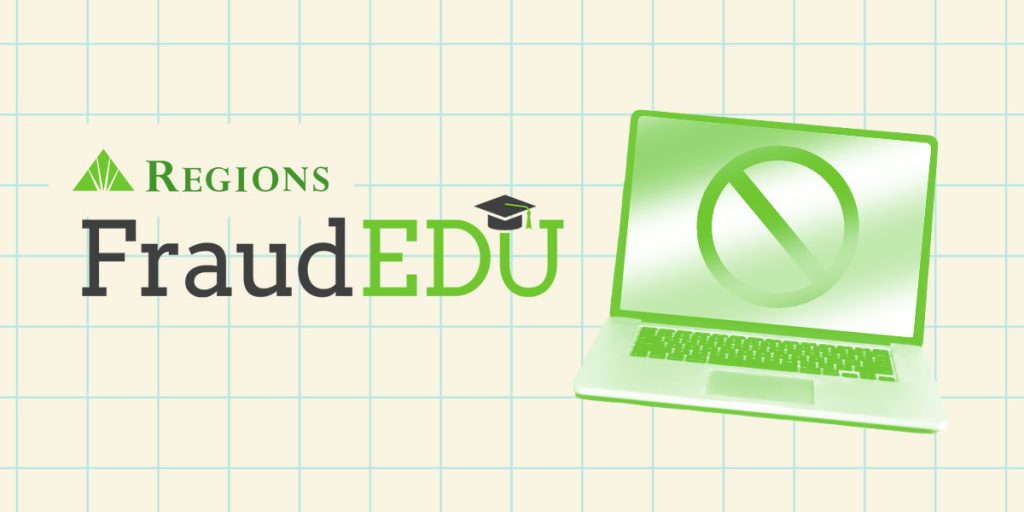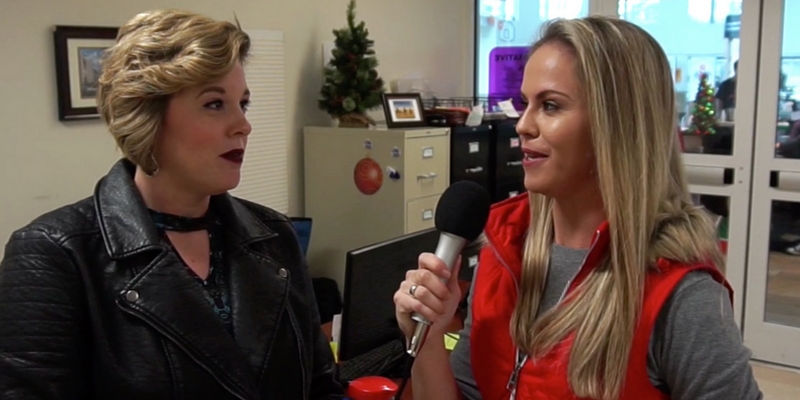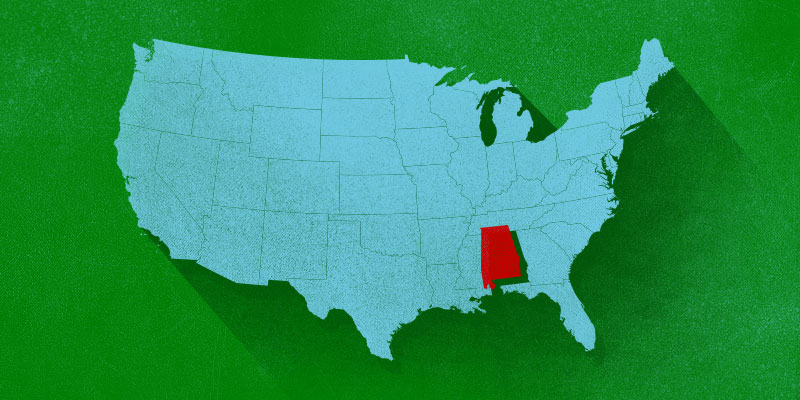
It’s the month when we swipe, click and fork over cash with abandon — putting us at risk for shopping scams.
A recent survey suggests we should keep our shopping guards up, even if we think we’re already aware of the risks.
A DomainTools survey of 1,000 U.S. consumers found that two in 5 have been victims of online phishing scams, even though more than 90 percent said they are aware of what phishing is — spoofed websites and emails purportedly coming from trusted brands. Many said they have fallen for a phishing scam more than once.
DomainTools, which is a leader in domain name and DNS-based cyber threat intelligence, gave some tips to keep safe in an infographic on its site:
— Look closely at URLs and email addresses for typos, such as Yahooo.com
— Watch for domains that have an added affix, such as Starbucks.com-latte.us
–Navigate to the website on your own, rather than clicking on it in the body of an email.
Alabama Attorney General Steve Marshall also issued guidance to keep Alabama consumers safe this season.
“This is a time for celebrating precious traditions with family and friends, sharing goodwill with our neighbors and honoring a spirit of kindness and love,” said Marshall in a press release. “That is my heartfelt wish for the people of Alabama. But we must be vigilant and guard against those who would take advantage of this special time by stealing and defrauding others. I hope these words of advice will help to protect consumers and that we all may have a joyous holiday.”
Here’s Marshall’s guidance on a variety of dangers:
Fake Charity Scams
Fake charity scammers often use phishing emails, spoofed telephone numbers or make door-to-door visits. They may act as if they are working for an established charity or may even create a fake charity. Be safe and directly contact the charity of your choice and donate to them instead. If you suspect a door-to-door solicitor isn’t honest, contact your local law enforcement agency. The following online data is available to assist with verifying charities: Consumers may go to the Internal Revenue Service at https://www.irs.gov/charities-non-profits/search-for-charities to look up tax exempt organizations, and may also use the Better Business Bureau’s www.give.org for more information.
Scammers Posing as Family or Friends Needing Help
As many people are traveling to be with loved ones, be wary of scammers who contact victims posing as a family member who is away from home and in need of money. They might say they’ve lost their wallet or experienced some kind of emergency in order to deceive you. The scammers will instruct you to wire cash or provide them with a prepaid card number. As a general rule, never send money to anyone if you cannot verify their identity. If you are unsure, check the whereabouts of the person reportedly needing assistance with other family members. Additionally, ask the person calling or emailing to verify details that only family would know, such as the location of the last family gathering, where they went to high school or college, etc.
Buyer Beware
Beware of websites that feature pop-up advertising promising a hard-to-find item or items at a too-good-to-be-true price. Always remember, if an online offer seems too good to be true, then it probably is.
Holiday Shopping Safety Tips
Shoppers should be extra vigilant this time of year for crimes of opportunity. It is always best to keep the following in mind:
- Park in a well-lit area.
- Do not leave your purse, presents, or other purchases in plain view in your vehicle.
- Do not leave your purse unattended in your shopping cart.
- If possible, shop with a friend or family member. There is safety in numbers.
- If meeting someone to purchase something bought online, such as from Craigslist or Facebook, meet in a heavily trafficked and well-lit area. If possible, meet in the parking lot of your local police department or sheriff’s office.
Safeguard packages
Shopping online or by telephone can be convenient and is more and more popular, but brings the danger of packages being stolen. Certain precautions may help:
- If you won’t be at home, consider having the package sent to your workplace or to a friend or neighbor;
- Some delivery services will hold packages at their local site for pick-up, or companies may ship to a local store or other attended delivery site;
- Give specific instructions for packages to be left in a discreet area less likely to be noticed such as behind something or at a side entrance;
- If you will be home, request that a signature for receipt be required so that it is not left unattended.
Holiday Gift Card Scam
Unfortunately, gift cards can also be manipulated by thieves. Scammers sometimes rub off the security codes from gift cards while they are still on store shelves and wait until they think the gift card has been sold and activated. They will then spend the money, leaving the recipient with no money left on the card. To avoid this scam, make sure the gift card you are buying is intact before you buy it. Compare it to other gift cards of the same variety. Be sure to keep your gift card receipt.
To report suspected consumer fraud, Alabamians can call the Attorney General’s Consumer Protection Hotline at 1-800-392-5658. You can also visit the Attorney General’s website at www.ago.alabama.gov and click on “Consumer.” To file an on-line complaint, use the link: http://ago.alabama.gov/ConsumerComplaint.










